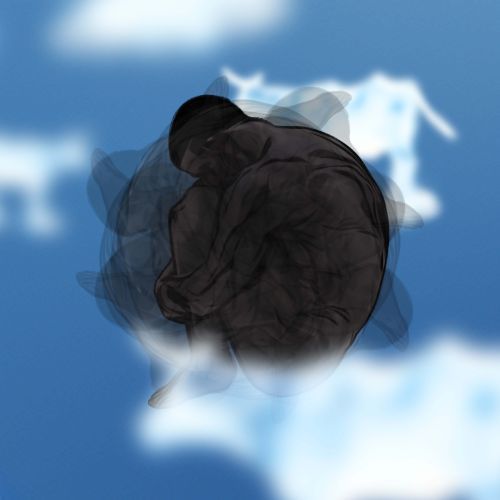Leap seconds and quetta, ronna, ronto and quecto in the SI System
The 27th Conference of Weights and Measures in Versailles decided to abolish leap seconds before 2035. Similarly to leap years, leap seconds are added to clocks once every few years to compensate for the difference between accurate atomic time and the slower rotation of the Earth. Leap seconds can cause problems in systems that require a precise, uninterrupted flow of time, such as GPS, software, telecommunications, commerce and space travel.
In Versailles, scientists from the International Bureau of Weights and Measures (BIPM) also addressed the issue of ever-increasing numbers measuring data due to advances in knowledge and IT. The prefixes quetta [Q], that is 1030 , (nonillion), ronna [R], that is 1027, (octillion), ronto [r], that is 10-27 (one octillionth) and quecto [q],that is 10-30 (one nonillionth) were therefore added to the International System of Units (SI). Thanks to this, we know, for example, that the Earth weighs 6 ronnagrams, Jupiter about 1.9 quettagrams and an electron is the equivalent of 1 rontogram.
Unlike the current system, the new GPS technology does not need a view of the sky and still allows precise positioning of the device. The invention comprises a set of radio transmitters which are connected by Ethernet cables. The new system uses techniques similar to those that power mobile communication networks to reliably and accurately track the selected device, allowing for the highest accuracy even in developed areas.


























